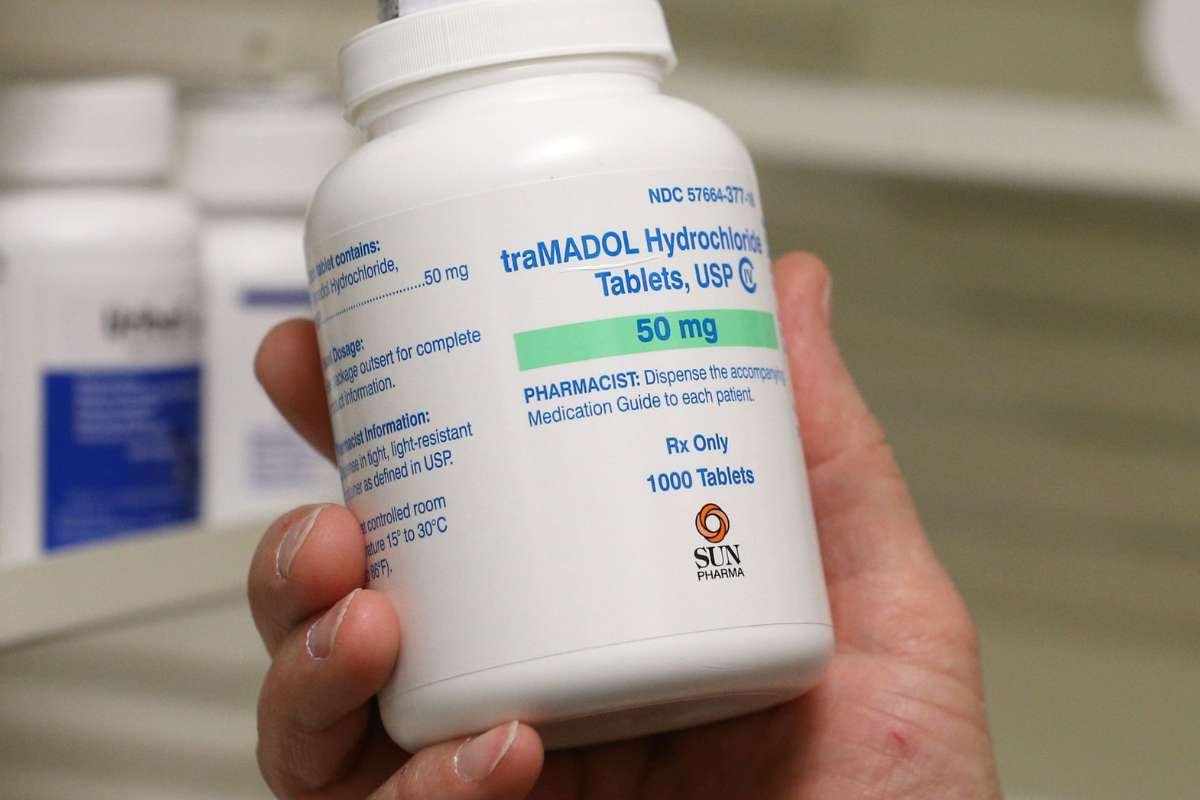Key Points:
- Tramadol study shows limited pain relief compared to placebo.
- Risks outweigh benefits, with higher chances of side effects and heart issues.
- Doctors urged to curb prescriptions and seek safer pain treatments.
A new Tramadol study has found that the painkiller provides only a slight benefit for chronic pain and that its side effects may outweigh any potential relief.
Published in BMJ Evidence-Based Medicine, the research analyzed data from 19 clinical trials involving 6,506 participants. The findings suggest that tramadol’s pain-relieving effects are small and fall below the threshold considered clinically meaningful.
Study Examines Multiple Pain Conditions
The Tramadol study evaluated tramadol’s effectiveness across several types of chronic pain. Five trials examined neuropathic pain, nine focused on osteoarthritis, four addressed chronic low back pain, and one looked at fibromyalgia.
Participants mainly took the drug in tablet form for treatment durations ranging from two to 16 weeks. Despite some reduction in pain, the results showed limited improvement compared with placebo treatments.
Researchers also identified a significant increase in the risk of side effects among tramadol users. These included nausea, dizziness, constipation, sleepiness, and more severe complications such as chest pain, heart disease, and congestive heart failure.
Risks May Outweigh Benefits
According to the researchers, the Tramadol study revealed a doubling in the risk of harm compared with placebo. They highlighted that approximately 60 million people worldwide experience the addictive effects of opioids, with tramadol among the commonly used ones.
The study stated, “In 2019, drug use was responsible for approximately 600,000 deaths, with nearly 80% linked to opioids and about 25% resulting from opioid overdose. Given these trends and the present findings, the use of tramadol and other opioids should be minimised to the greatest extent possible.”
Doctors Urged to Limit Prescriptions
Professor Kamila Hawthorne, chairwoman of the Royal College of General Practitioners, said general practitioners (GPs) are aware of the serious toll chronic pain takes on patients.
“GPs understand how debilitating chronic pain can be and the serious impact it can have on the lives of our patients,” Hawthorne said. “In line with this Tramadol study, tramadol has not been found to be helpful for chronic pain, and patients can suffer from its many side effects.”
She added that GPs in the UK have been advised to limit, reduce, or stop tramadol prescriptions for chronic pain and to avoid prescribing it to new patients.
Hawthorne noted that managing chronic pain remains a challenge, as its underlying causes are often unclear. This complexity, she said, makes it difficult to provide targeted treatment and underscores the need for safer, more effective pain management strategies.







